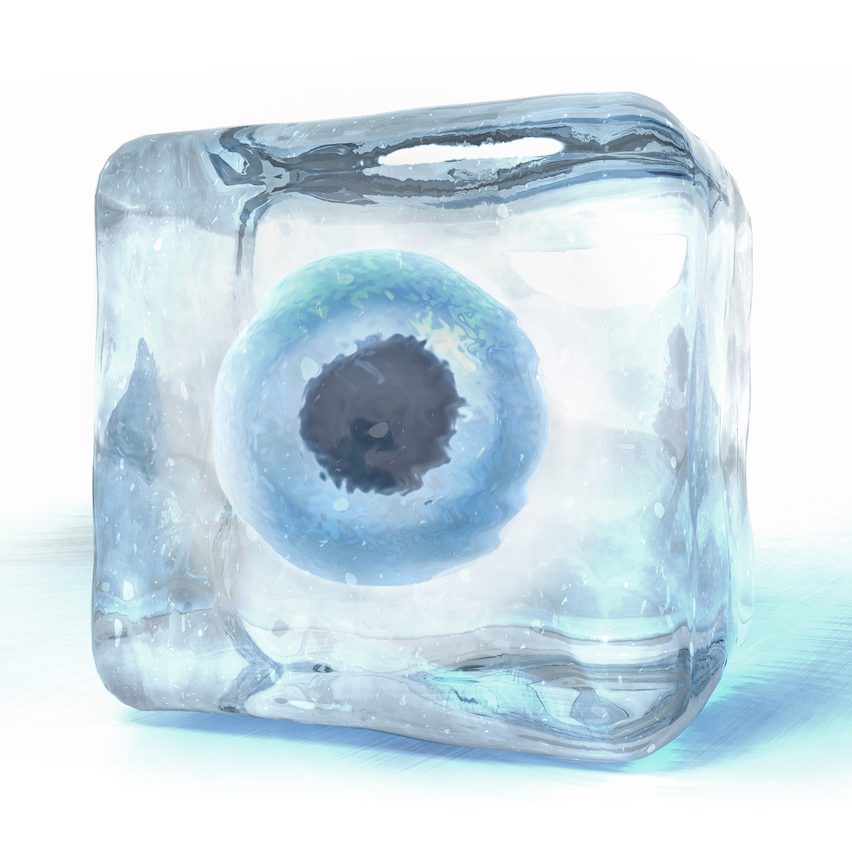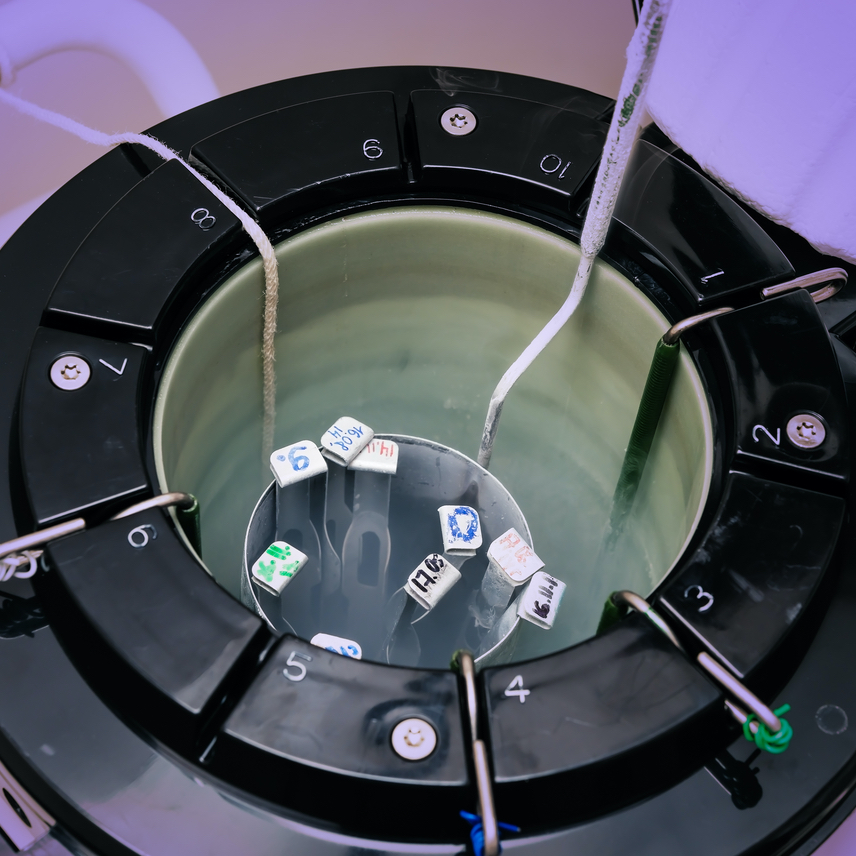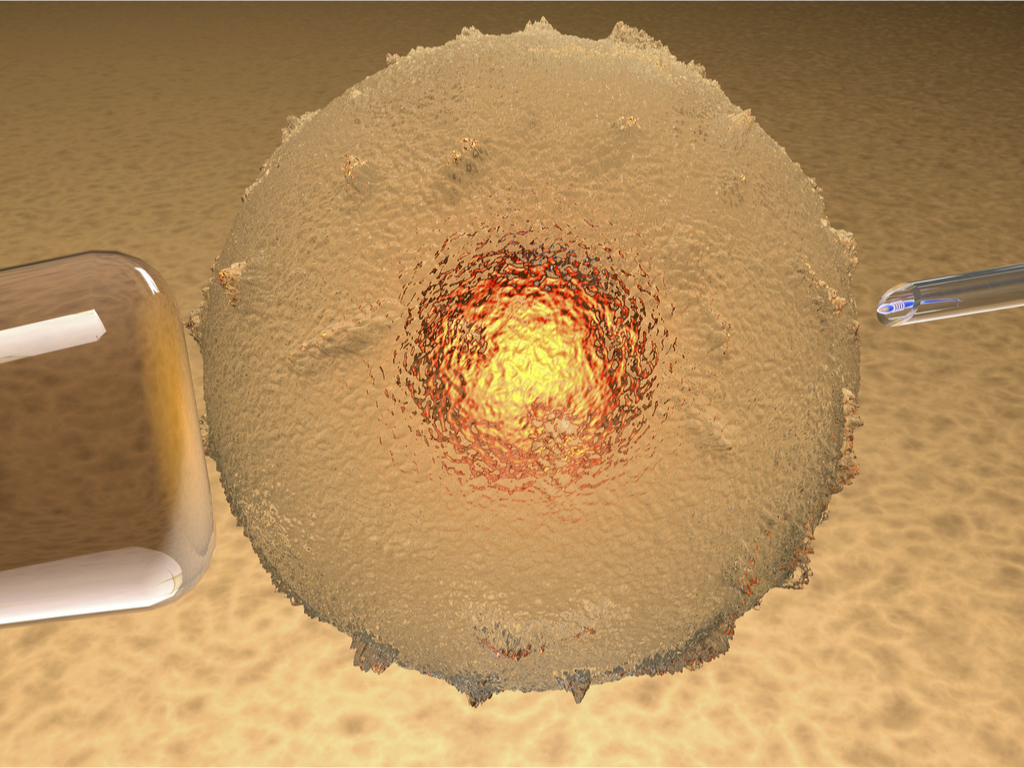What is egg freezing?
Egg freezing is a way of preserving a woman’s fertility so she can try to have a family in the future. Egg Freezing involves collecting a woman’s eggs, freezing them and then thawing them later for use in fertility treatment.
A woman’s chances of conceiving naturally falls with age because the quality and number of available eggs drop. Egg freezing helps preserve fertility by freezing the eggs when the woman is young and the eggs are of the highest quality.
Is egg freezing right for me?
You might want to consider freezing your eggs if:
- You have a medical condition or need treatment for a medical condition that will affect your fertility, such as cancer.
- Ovarian problems such as recurrent ovarian cysts, endometriomas (severe endometriosis) or are due to undergo surgery that will result in the loss of the ovary or eggs.
- You’re not ready to have a child or you haven’t found the right partner and you’re worried about your fertility declining.
- You’re at risk of injury or death (for example, you’re a member of the Armed Forces who is being deployed to a war zone).





